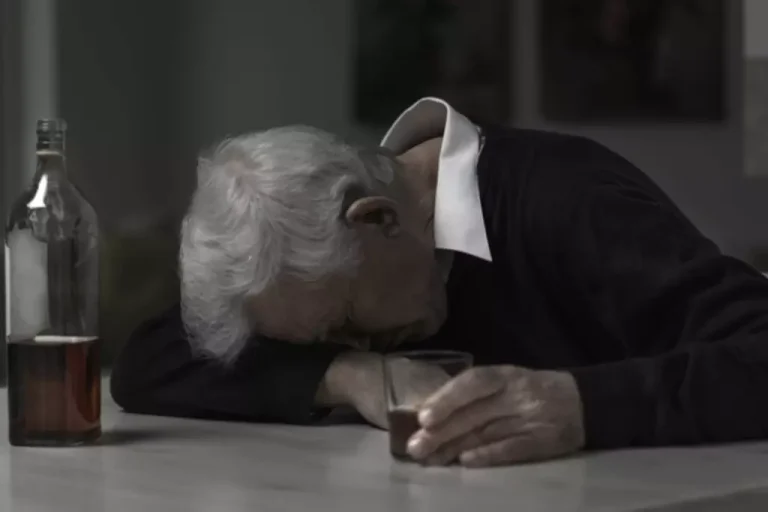
The evaluation examines the patient’s health, including any pre-existing or existing conditions (i.e., pregnancy, heart disease, diabetes, and mental health). Drug tests estimate the quantity of substances present in the patient’s system. This evaluation step assists professionals in determining whether medication-assisted detoxification is needed. Addiction disorders vary based on the drug used, how long it is used, and a person’s past medical history. Over the years, medical professionals have worked diligently to offer innovative detox options.

Treatment programs

Stopping cold turkey can be difficult and, in some cases, life-threatening. A medically supervised detoxification is often the first step in treating addiction. Social detox occasionally works for some people, but it is not as effective as detox and addiction treatment at a professional facility. However, for some individuals who have no health insurance, such as Medicaid or Medicare, or very limited resources, it is the only viable option for affordable detox rehab and is better than no treatment at all. Therefore, it is necessary that pregnant women do not detox on their own and instead seek professional help for medical detox.
Start Healing from Drug and Alcohol Addiction Today
Make sure to be treated by medical specialists to ensure your safety and comfort. Following detox, a comprehensive treatment plan involving therapy, support groups and even medication might provide you with the tools you need for long-term recovery. As the medical field considers addiction as a brain disorder potentially altering stimuli pathways in the brain, people facing substance dependence may have a difficult time safely quitting drug use.
The brain continues to develop into adulthood and undergoes dramatic changes during adolescence.

For people with addictions to drugs like stimulants or cannabis, no medications are currently available to assist in treatment, so treatment consists of behavioral therapies. Treatment should be tailored to address each patient’s drug use patterns and drug-related medical, mental, and social problems. Medications are also available to help treat addiction to alcohol and nicotine.
- Guilt refers to feels of responsibility or remorse for actions that negatively affect others; shame relates to deeply painful feelings of self-unworthiness, reflecting the belief that one is inherently flawed in some way.
- Due to the toxic nature of these substances, users may develop brain damage or sudden death.
- Buprenorphine is a partial activator of the opioid receptor and thus carries less addiction and overdose risk than methadone (though the risk is not zero).
- Introducing drugs during this period of development may cause brain changes that have profound and long-lasting consequences.
But, if you don’t have insurance or the money to pay for this type of care, some inpatient detox programs serve people who can’t pay. Some inpatient detox programs rely on peer support along with some medical care. Others may include complete medical monitoring with doctors and nurses available at all hours. Some people who don’t https://ecosoberhouse.com/ require a lot of supervision might simply check in with their regular doctor’s office or a home health agency at scheduled intervals during their detox. Some people attend a daytime program at a hospital or substance abuse treatment facility but go home at night. Naltrexone is used for treating opioid and alcohol use disorders.
Looking for treatment for opioid addiction for yourself or your loved one? Buprenorphine is effective, safe, and hopefully on the way to becoming more widely accessible. Keep these big-picture goals in mind when seeking treatment to support long-term, holistic recovery. Drug detox represents a major life change for everyone who takes this first step toward recovery. Providing a safe discontinuation from a substance of dependence is one of the main objectives of detox.
Focusing on your physical health can be a powerful first step in recovery from substance use disorders and moving toward sober living. After successfully detoxing, you may feel better and have greater mental clarity to address the psychological issues related to substance use disorder. This is known as the withdrawal drug detox and detoxification process, commonly called “detox.“ During this time, your body starts to rid itself of the toxins that have built up in your system over the course of using substances. Drug and alcohol detox can be an important first step toward recovery and healing for people with substance use disorders.
Medical Detoxification from Drugs or Alcohol

Some common examples include fevers, headaches, irritability, muscle pain, nausea/vomiting, anxiety, depression, fatigue, insomnia, rapid heartbeat, high blood pressure, seizures, and tremors. For instance, clients, particularly adolescents and young adults experiencing alcohol withdrawal, often suffer from agitation, delirium, and seizures. During a Washington detox medically supervised program, such clients can be prescribed benzodiazepines to manage these symptoms. Healthcare providers at drug rehab centers evaluate the client and obtain a thorough medical and drug use history. The physical and mental symptoms of withdrawal can drive someone trying to detox on their own to relapse as well. The extreme discomfort of at-home detox is simply too much for many people to handle, and understandably so.
- S. National Survey on Drug Use and Health, more than 75 percent of people addicted to alcohol or drugs recover—their condition improves and substance use no longer dominates their life.
- And one measure of a comprehensive substance abuse treatment program is the help it offers to enrollees to identify their interests and find and build a meaningful career path.
- The information learned in detox supports personalized treatment that encourages continuing sobriety.
- If you have insurance, your plan may provide full or partial coverage for drug and alcohol detox.
- However, for some individuals who have no health insurance, such as Medicaid or Medicare, or very limited resources, it is the only viable option for affordable detox rehab and is better than no treatment at all.
How Is Alcohol and Drug Detox Medicine Used?
- However, qualified, caring professionals can help to set the stage for long-term recovery during drug detox.
- Depressive feelings are a normal part of withdrawal, along with a fear of forever losing the thrill and emotional high that alcohol or a substance provided.
- At-home, self-led treatment programs are very difficult and very uncomfortable.
- Medical detoxification services are individualized to each client’s needs.
These drugs can cause severe intoxication, which results in dangerous health effects or even death. The risk of addiction and how fast you become addicted varies by drug. Some drugs, such as opioid painkillers, have a higher risk and cause addiction more quickly than others. Approximately 1 in 500 people die from ultra rapid detox, according to the Coleman Institute. But the more support you have around you, the better you can manage your symptoms and triggers. The process of detoxing can be stressful and even painful, especially for those with a long history of substance use disorder.
Why do some people become addicted to drugs while others don’t?
Because methadone is an opioid itself, treatment centers must be federally licensed to prescribe it to treat opioid use disorder. While detoxification helps to eliminate the physical symptoms of addiction, most patients will need additional medical and psychological assistance. Quitting a substance doesn’t address the underlying causes of the initial addiction, which could be genetic, environmental, or behavioral. Also, there may be changes in brain chemistry as a result of long-term substance abuse that need to be addressed.










